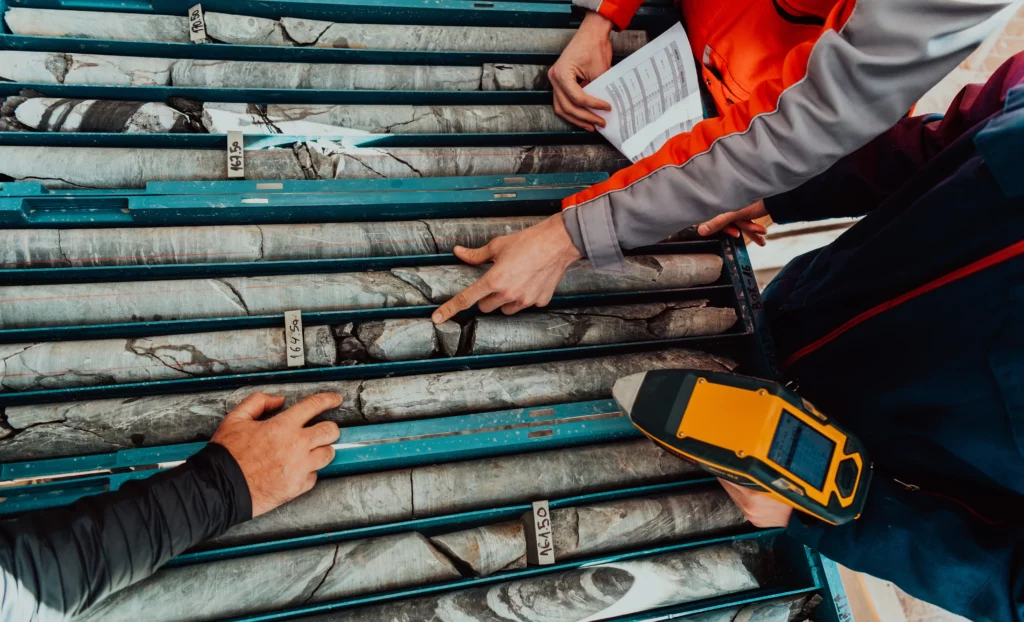The highest salary in the mining industry varies widely depending on several factors, such as the job role, location, level of experience, shortage of talent and the type of minerals or resources being extracted.
In general, mining is known for offering high-paying jobs due to the demanding nature of the work, the potential risks involved and the shortage of skilled workers in the field.
Experience and shortage of skills
At the top end of the pay scale, you find C-suite executive positions like Chief Operating Officers, Chief Executive Officers, Chief Financial Officers. These roles are responsible for ensuring the different departments of a company work together to achieve its plans and policies. C-Suite executive positions can attract salary packages of AUD $400,000 –600, 000 per year, plus substantial incentives such as bonuses and shares.
Operational management roles and highly specialised technical roles such as mine managers, engineers, geologists, jumbo and bog operators and heavy-duty diesel fitters also attract higher salaries because of the high level of responsibility or skillset required to carry them out. These professions are responsible for either overseeing mining operations, ensuring safety and compliance, and making critical operational decisions that can impact the success of a mining project. They are typically roles that have a shortage of talent in the global market or require advanced education or extensive experience which make them highly rewarded and contribute to their higher earnings. Specialised technical roles can attract salaries of between AUD $150,000-250,000 per year. Operational management roles often attract salaries of AUD $300,000- 500,000 per year.
Location
In addition to job roles, the location of the mining operation plays a significant role in determining salaries. Mines located in remote or challenging environments may offer higher salaries to attract workers willing to endure the harsh conditions. For example, mining jobs in remote regions, such as the Arctic or desert, may pay more due to the isolation, extreme weather, and logistical challenges involved.
The type of resource being mined also affects salaries. Some minerals and resources are more valuable than others, and the demand for certain materials can fluctuate over time. For instance, jobs related to precious metals like gold or rare minerals may offer higher salaries than those in coal or gravel mining.
Level of experience
Experience is a crucial factor in earning a high salary in mining. Entry-level positions, such as labourers, trade assistants, cleaners and apprentices typically start with lower wages but can increase their earnings as they gain experience and expertise. Skilled workers who operate heavy machinery, like bulldozers or drills, often receive higher pay rates as they become more proficient.
Potential risk compensation
It’s important to note that the mining industry has made efforts to improve safety and working conditions over the years. While the industry still poses risks, advancements in technology and safety regulations have helped reduce accidents and fatalities, mining employees are often compensated for the risks they take with hazard pay or benefits.
Overall, the highest salaries in mining can reach well into six figures or even higher for top executives and specialists with extensive experience. However, these high-paying positions are typically reserved for individuals with the right qualifications, expertise, and willingness to work in demanding conditions. As with any industry, individual salaries can vary widely, so it’s essential to research specific job opportunities and locations to determine the potential earnings in the mining sector.
You can learn more about mining recruitment here.
Explore blogs on How do I get into FIFO? and What’s the average salary for a FIFO engineer here.

